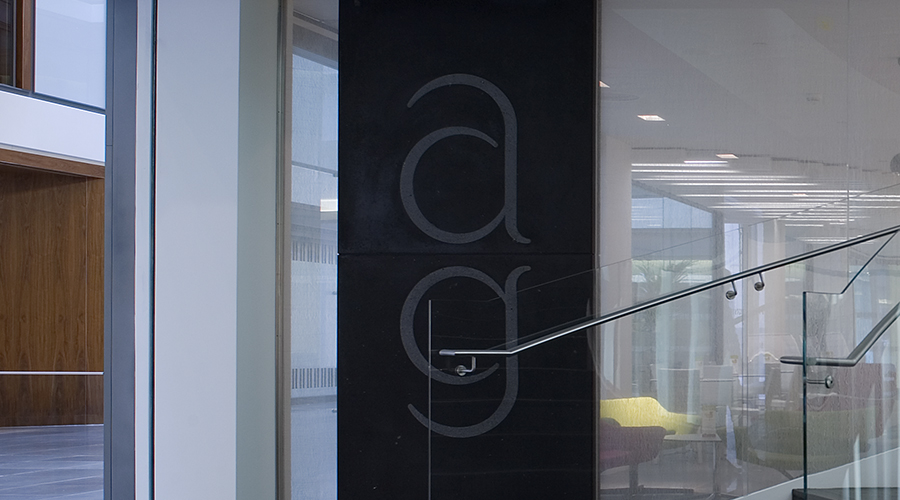From the many polls taken before the referendum, it was clear that the majority of UK retail and consumer businesses were in favour of remaining in EU. The narrow majority of the British public disagreed. The consequences of the vote will be varied and long lived. So what happens now?
Although the result of the referendum is technically not binding on the Government, it will be politically impossible to ignore. We have heard already this morning that Cameron has resigned and that a road map to exit is now being prepared. What is binding is that Cameron's "settlement" that he negotiated with the EU now falls away; it was conditional on a vote to remain in the EU. So there is no going back.
Going forward, we now have to work out what our relationship with the EU will be. Under the terms of Article 50 of the EU Treaty there are two years from notice to exit. But that is a fixed time line and the timing of Article 50 being triggered is going to be major political issue. It is an untested Article and once triggered it can only be extended by all other Member States agreeing to do so. Political and commercial self interest will clearly play key roles in that debate; there is the very real prospect of a domino effect as the result is carefully scrutinised in other countries, with the Netherlands in particular seeing a swell in anti EU sentiment. Therefore early indications are that there will now be an intense period of political and economic negotiations, whilst all of the moving parts: Brexit, renegotiations, political and social impacts are all considered and dealt with. The political and commercial impacts of Brexit mean that this is not going to be immediate and it could be some time before the starting gun on Article 50 is fired.
The immediate risk is that political and economic uncertainty depresses sentiment having a knock on effect from high street spending decisions to business investment decisions, including decisions as to whether to invest in the UK. Other EU states will also be motivated to address uncertainty and settle the markets. This could mean that an outline of the nature of our future relationship with the EU becomes apparent sooner rather than later.
Whatever happens, it will not mean an end to trading with Europe. Yes, we are an island but we are also interconnected with the economy of mainland Europe. Europe is one of our largest trade markets and we are one of the main importers of European products. There is huge self interest for the major European retailers and manufacturers to ensure that the markets remain open and that free trade is preserved in one guise or another. We still need to trade with Europe and are likely to agree a deal to do so, whatever happens. There will be some uncertainty, but the UK is too big a market to ignore.
In the short to medium term, a Brexit will mean uncertainty as everyone's attention is likely to be diverted to the withdrawal/renegotiation process. Famously described by one of our nearest neighbours as a nation of shopkeepers, the British Retail and Consumer sector is however strong and resilient and has a long history of adapting to changing markets and taking advantage of new opportunities. The short term will present an opportunity as a weak pound will help exporters and present opportunities in European markets. Changes to labour markets are inevitably going to impact retail and consumer businesses which currently rely on access to cheap migrant labour. In the medium to long term there will also be opportunities. We may be able to negotiate trade deals with those countries and those markets that we want to trade with. Access to markets in China and other major emerging economies, where British brands are strong and there is a large, wealthy market for our goods, is an exciting prospect. Having avoided the Euro (for better or worse) and having a long history of trading with non free trade areas such as Africa and the US, British retail and consumer businesses are well used to negotiating the vagaries of currency fluctuations and trade barriers. However any such deals will be long, complex and politically motivated and it will take time to get to the front of the queue for such negotiations. So it will be a bumpy ride, but there are some major opportunities and certainly exciting times ahead.
If you would like to talk to our sector experts about our checklist of issues that Brexit may impact on in your business, then please do not hesitate to get in touch.

Andrew Rosling
Co-Head of Retail & Consumer Sector, Partner, Mergers and Acquisitions London
View profile
Rona Bar-Isaac
Partner, Head of Competition, Co-Head of Retail & Consumer Sector
London, UK



